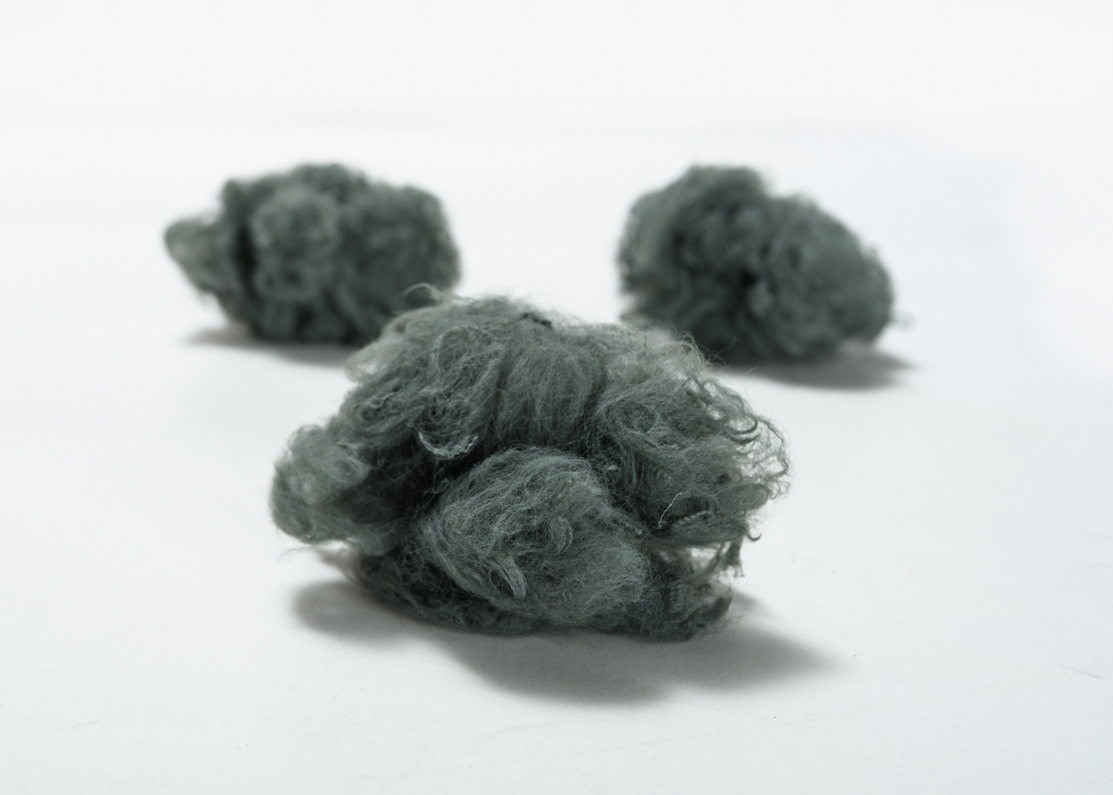-
 Service Tel
Service Tel
- 0512-52551712
What are the physical properties of polyester fiber
source:www.kingcharmgroup.com | Release time:2025-03-251. shape and structure: the longitudinal surface of polyester fiber is smooth and uniform, and the cross section is circular. This shape makes polyester fiber have good glossiness, and the surface reflects light evenly. The fabric made of polyester fiber has a bright appearance.
2. density: the density of polyester fiber is generally between 1.38-1.40g/cm ³, which is slightly lighter than that of cotton (about 1.54g/cm ³) in natural fiber and slightly heavier than that of wool (about 1.32g/cm ³). This feature makes polyester fabric relatively moderate in weight, neither too light and thin, nor too heavy to affect the wearing experience.
3. strength and modulus: polyester fiber has high strength and modulus. Its breaking strength is usually between 4-7cn/dtex, and the breaking strength of high strength polyester fiber can reach more than 7cn/dtex. The high modulus makes polyester fiber not easy to deform when it is stretched by external force, and can maintain good shape stability. The clothes and textiles made of it are crisp and wrinkle resistant.
4. elasticity: polyester fiber has good elasticity, high initial modulus, is not easy to deform under small load, and has good elastic recovery ability. When the external force is removed, it can quickly return to the original shape, so the polyester fabric is not easy to wrinkle, comfortable to wear, and will not feel tight when moving.
5. moisture absorption and air permeability: the moisture absorption of polyester fiber is small, and the moisture regain is usually 0.4% -0.5% under standard atmospheric conditions. This makes the polyester fiber have the characteristics of fast drying, and the washed clothes can dry quickly and are not easy to mildew and deteriorate. However, its low moisture absorption also leads to its relatively poor air permeability, and it may feel stuffy and hot when wearing, especially in high temperature and humid environment.
6. thermal performance: polyester fiber has good heat resistance and thermal stability. Its melting point is high, generally around 255-260 ℃. It will not be deformed or damaged due to daily temperature changes during ordinary wearing and use. At the same time, polyester fiber will shrink when heated, which needs to be considered in the processing process to ensure the dimensional stability of the product.
7. conductivity: polyester fiber has poor conductivity and belongs to insulator. In the process of wearing and using, it is easy to generate static electricity, resulting in problems such as dust adsorption and intertwining of clothes. In order to solve this problem, antistatic agents are usually added in the production process of polyester fibers, or antistatic finishing is carried out on fabrics.
8. abrasion resistance: polyester fiber has good abrasion resistance, which is second only to nylon, and better than natural fiber and other chemical fibers. Therefore, clothes and textiles made of polyester fiber are durable, able to withstand daily friction and wear, not prone to wear, pilling and other phenomena, and have a long service life.
Previous:
What is the difference between polyester and cott…
Next:
What are the specific effects of the water absorp…

 wechat number:
wechat number:


 Tel:0512-52551712
Tel:0512-52551712
 Address: Baziqiao village, Zhitang Town, Changshu City, Jiangsu Province (next to national highway 204)
Address: Baziqiao village, Zhitang Town, Changshu City, Jiangsu Province (next to national highway 204)
 E-mail:sales@kingcharmcn.com
E-mail:sales@kingcharmcn.com


 Wechat
Wechat
 Contact
Contact
 Telephone
Telephone